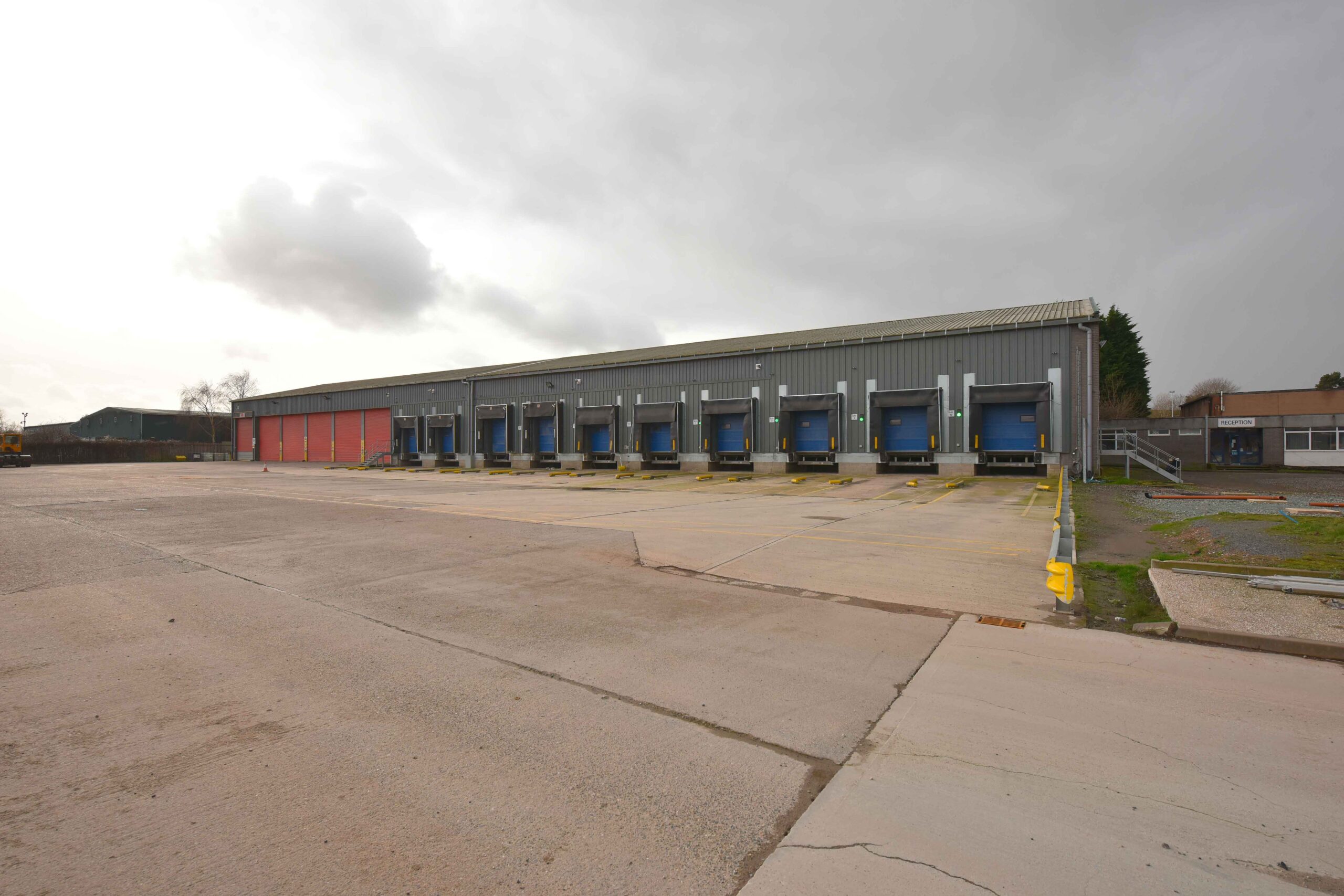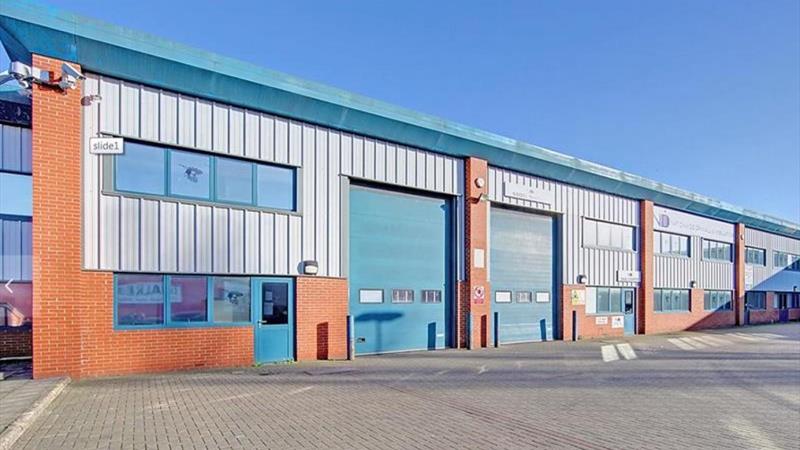Are you on the lookout for a new industrial property for sale near me? Look no further! Your search ends here as we unveil a world of potential with our industrial properties for sale near you. Whether you’re a seasoned investor or a business owner seeking expansion, our selection of industrial properties promises to meet your unique requirements.
The Importance of Industrial Property for Businesses
Industrial property for sale near me play a crucial role in the success of businesses across various industries. These properties serve as the foundation for manufacturing operations, warehousing facilities, distribution centers, and more. The right industrial property can significantly impact productivity, efficiency, and overall business growth.
One of the key advantages of owning an industrial property is the ability to customize the space to suit specific business needs. Unlike commercial properties, industrial properties offer ample space to accommodate heavy machinery, equipment, and storage requirements. This flexibility allows businesses to optimize their operations and streamline workflows, ultimately leading to increased productivity and profitability.
Additionally, owning an industrial property for rent provides businesses with long-term stability. By eliminating the uncertainty of leasing agreements and rental costs, businesses can focus on long-term growth strategies and investments. Industrial properties also give owners the freedom to expand and adapt their operations as the business evolves, ensuring scalability and future-proofing.
Understanding the Different Types of Industrial Properties
When searching for industrial property for sale, it’s essential to understand the different types available in the market. Industrial properties can vary greatly in terms of size, layout, and functionality. Here are some of the common types of industrial properties you may come across:
- Warehouses: These properties are specifically designed for storage and distribution purposes. Warehouses offer large open spaces with high ceilings, making them ideal for storing inventory and managing logistics operations.
- Manufacturing Facilities: Manufacturing facilities are equipped with specialized infrastructure and machinery to support production processes. These properties often have designated areas for assembly lines, machinery installations, and storage of raw materials.
- Flex Spaces: Flex spaces are versatile properties that can be used for various industrial purposes. These properties typically combine office spaces with warehouse or manufacturing areas, providing businesses with the flexibility to adapt to changing needs.
- Research and Development (R&D) Facilities: R&D facilities are designed for businesses involved in innovation and product development. These properties offer laboratories, testing areas, and specialized equipment to support research and experimentation.
By understanding the different types of industrial properties, you can narrow down your search and identify the most suitable options for your business requirements.
Factors to Consider When Looking for Industrial Property for Sale
Finding the perfect industrial property involves careful consideration of various factors. Here are some key factors to keep in mind during your search:
- Location: The location of an industrial property is crucial for accessibility, transportation, and proximity to suppliers and customers. Consider the proximity to major highways, airports, ports, and other transportation hubs that are essential for your business operations.
- Infrastructure: Assess the infrastructure surrounding the industrial property, such as roads, utilities, and telecommunications. Adequate infrastructure ensures seamless operations and minimizes potential disruptions.
- Zoning and Regulations: Familiarize yourself with the zoning regulations and restrictions in the area where the property is located. Ensure that the property is zoned for your intended use and comply with any specific regulations or permits required for your industry.
- Space and Layout: Evaluate the size and layout of the industrial property to ensure it meets your current and future needs. Consider factors such as ceiling height, floor load capacity, office spaces, loading docks, and parking facilities.
- Cost and Financing: Determine your budget and explore financing options available for purchasing industrial properties. Consider not only the purchase price but also ongoing maintenance costs, property taxes, and insurance.
By carefully considering these factors, you can narrow down your options and find an industrial property that aligns with your business goals and requirements.
Researching Industrial Property Listings
Once you have identified your criteria for an industrial property, it’s time to start researching available listings. The internet is a valuable resource for finding industrial properties for sale. Here are some tips for effective research:
- Online Real Estate Portals: Utilize online platforms that specialize in commercial and industrial real estate listings. These portals often provide advanced search filters, allowing you to narrow down your options based on location, property type, size, and other specific criteria.
- Local Real Estate Agencies: Reach out to local real estate agencies that specialize in commercial and industrial properties. These agencies have access to exclusive listings and can provide personalized assistance based on your requirements.
- Networking and Industry Associations: Engage with industry professionals and join relevant industry associations. Networking can often lead to valuable connections and insider information on available industrial properties that may not be widely advertised.
- Property Auctions: Keep an eye out for property auctions, both online and offline, where industrial properties may be listed. Auctions can sometimes offer unique opportunities to acquire properties at competitive prices.
It’s essential to dedicate sufficient time to research and explore multiple listings to ensure you don’t miss out on potential opportunities. Take note of properties that catch your interest and compile a shortlist for further evaluation.
Working with a Commercial Real Estate Agent
Navigating the industrial property market can be overwhelming, especially for individuals who are not familiar with the intricacies of commercial real estate. That’s where a commercial real estate agent can be invaluable. Here are some reasons why working with an agent can benefit your search for industrial property:
- Expertise and Knowledge: Commercial real estate agents specialize in industrial properties and possess in-depth knowledge of the market. They can provide valuable insights, guide you through the process, and help you make informed decisions.
- Access to Off-Market Listings: Commercial real estate agents often have access to off-market listings that are not publicly advertised. These exclusive opportunities can give you a competitive edge and access to properties that may not be readily available to the general public.
- Negotiation and Due Diligence: Agents can assist with negotiating the terms of the purchase and conducting thorough due diligence on the property. Their expertise ensures that you are well-protected and that the transaction progresses smoothly.
- Time and Effort Savings: Searching for industrial properties can be time-consuming and require significant effort. By working with an agent, you can delegate the search and focus on other aspects of your business, knowing that a professional is handling the property search on your behalf.
When selecting a commercial real estate agent, ensure they have experience in dealing with industrial properties and a proven track record of successful transactions. Choose an agent who understands your specific requirements and is responsive to your needs throughout the process.
Evaluating Industrial Property for Sale
Once you have shortlisted potential industrial properties, it’s time to evaluate each property in detail. Evaluating a property involves a comprehensive assessment of various factors to ensure it aligns with your business goals. Here are some key aspects to consider:
- Physical Condition: Assess the overall physical condition of the property, including the structural integrity, roofing, electrical systems, plumbing, and HVAC systems. Consider any necessary repairs or renovations and factor them into your budget.
- Environmental Considerations: Determine if there are any environmental concerns associated with the property, such as contamination or hazardous materials. Conducting environmental assessments and due diligence can help identify potential risks and liabilities.
- Accessibility and Parking: Evaluate the accessibility of the property for employees, suppliers, and customers. Consider parking facilities, loading docks, and truck maneuvering areas to ensure smooth operations.
- Future Growth Potential: Assess the potential for future growth and expansion on the property. Consider factors such as available land for additional construction, zoning regulations, and any limitations on future development.
- Market Analysis: Conduct a comprehensive market analysis to understand the current and future prospects of the location. Evaluate factors such as market demand, rental rates, vacancy rates, and competition in the area.
By thoroughly evaluating each property, you can make an informed decision and select the industrial property that best aligns with your business objectives.
Understanding Zoning and Regulations for Industrial Properties
Zoning regulations and local ordinances play a significant role in determining the permissible uses of an industrial property. Understanding these regulations is crucial to ensure compliance and avoid potential legal issues. Here are some key considerations:
- Zoning Designations: Different areas are zoned for specific uses, such as industrial, commercial, residential, or mixed-use. Ensure that the industrial property you are considering is properly zoned for your intended use.
- Special Use Permits: In some cases, you may require a special use permit or variance to use the property for a specific purpose. Research the local regulations and consult with the relevant authorities to determine if any special permits are necessary.
- Environmental Regulations: Industrial properties are subject to various environmental regulations, including waste management, air quality, and noise pollution. Familiarize yourself with these regulations and ensure compliance to avoid potential fines or legal repercussions.
- Building Codes and Safety Standards: Industrial properties must adhere to building codes and safety standards to ensure the well-being of employees and compliance with regulations. Conduct thorough inspections and assessments to ensure the property meets these requirements.
Consulting with legal professionals and local authorities can provide you with the necessary guidance to navigate zoning and regulatory requirements effectively.
Unlocking the potential of industrial property requires careful consideration and thorough research. By understanding the different types of industrial properties, evaluating key factors, and working with experts in the field, you can find the perfect industrial property to meet your business needs. Remember to consider zoning and regulations to ensure compliance and long-term success. Don’t miss out on the opportunity to take your business to the next level. Explore our industrial properties for sale now and unleash the possibilities. Contact us today, and let’s make your dream a reality.




